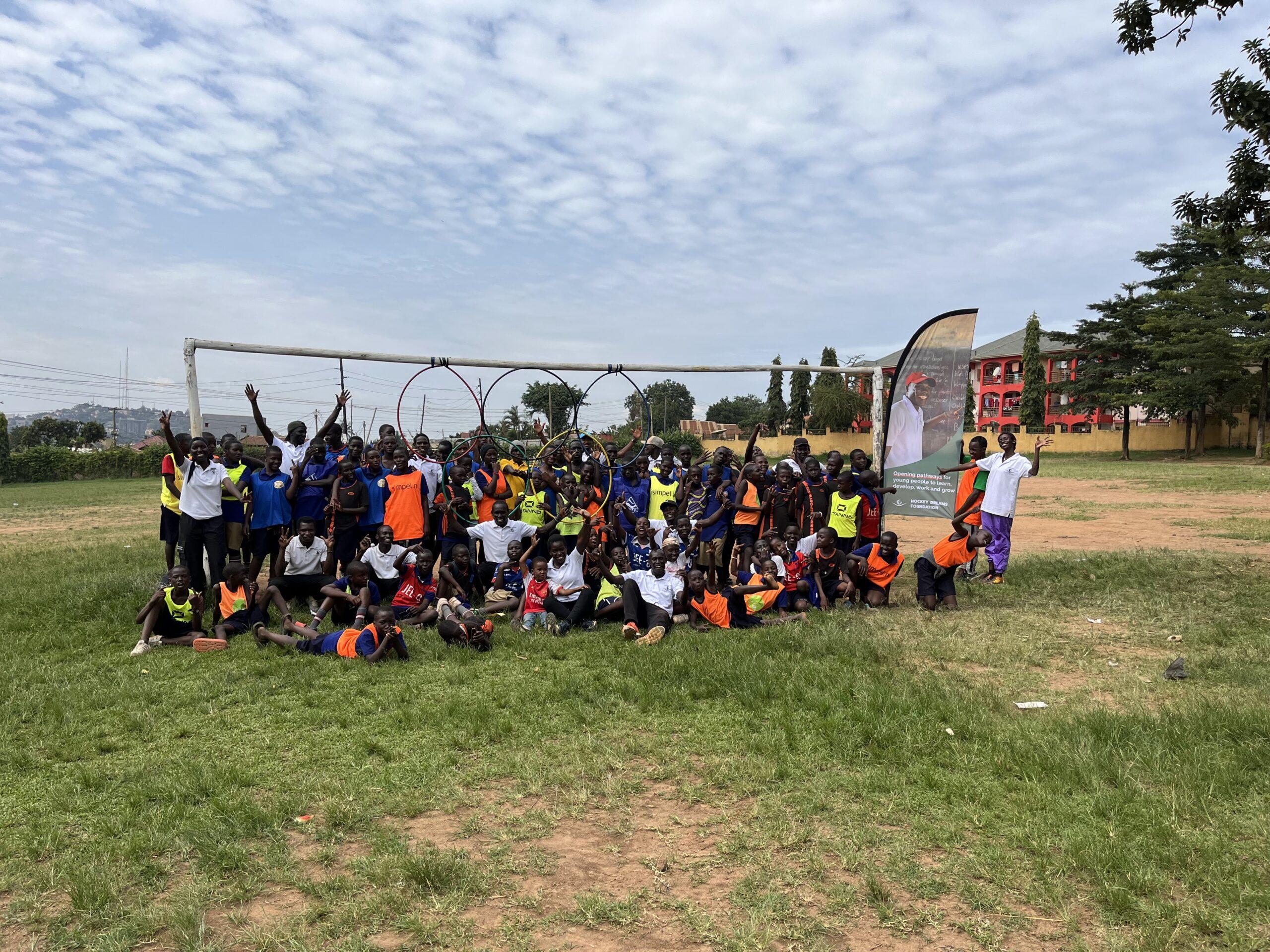In a world that often feels full of division, there is a universal language that transcends boundaries and brings people together – sport. On the International Day of Sport for Development and Peace (IDSDP), we celebrate the transformative power of sport in creating unity, promoting development, and building a more peaceful world. At Hockey Dreams Foundation, we are proud to be part of this global movement, using the power of hockey to drive positive change in our communities.
Sport has long been recognized as a powerful tool for promoting development and peace. In Nelson Mandela’s words: “Sport has the power to change the world. It has the power to inspire. It has the power to unite people in a way that little else does. It speaks to youth in a language they understand.” Through its inherent values of teamwork, respect, and fair play, sport has the ability to instill life skills, promote gender equality, and foster social inclusion. At Hockey Dreams Foundation, we believe in the power of hockey not only as a sport but as a vehicle for social change.

How we do that
We implement sport for development in all of our programmes:
- Community engagement: In our programmes, we actively engage with the local communities to identify their needs and tailor our initiatives accordingly. By collaborating closely with community leaders and stakeholders, we ensure that our programmes address specific challenges and have a lasting impact. We do that by running different projects that are also non-hockey-related, such as around soap production, agriculture, sanitary pads.
- Education and life skills: Beyond the hockey field, we prioritize education and life skills development. Through our programs, participants receive academic support, mentorship, and life skills training, empowering them to succeed both on and off the field. By investing in education, we are laying the foundation for a brighter future for the youth we serve.
- Gender equality: we are committed to promoting gender equality through sport. We provide equal opportunities for girls to participate in our programmes, challenging traditional gender norms and empowering girls to pursue their dreams both within and beyond the realm of sports.
- Social inclusion: Our programmes are inclusive and accessible to all, regardless of socioeconomic background or physical ability. By breaking down barriers and fostering a sense of belonging, we create a supportive environment where every participant can thrive and reach their full potential.
- Peacebuilding: Through the universal language of hockey, we bring together individuals from diverse backgrounds and cultures, promoting understanding, tolerance, and peace. By fostering friendships and mutual respect, we contribute to building more peaceful and cohesive communities.
Let’s celebrate!
On this International Day of Sport for Development and Peace (United Nations, Olympics), let us celebrate the transformative power of sport to drive positive change in the world. At Hockey Dreams Foundation, we remain committed to harnessing the power of hockey to promote development, foster peace, and create a brighter future for generations to come. Join us in our mission to make dreams a reality through the game we love.
SfD programme
Since 2020, we partnered up with the KNHB and Bovelander Foundation, International Sports Alliance, Right To Play and KNVB (KNVB WorldCoaches) in the Sport for Development (SFD) programme. The programme is developed with the Dutch Ministry of Foreign Affairs to contribute to the United Nations Sustainable Development Goals. Within the SFD progamme, Hockey Dreams Foundation and Bovelander Foundation are implementing partners for KNHB.
Together we contribute to a world in which children and young people actively contribute to vital communities. In the current Sport for Development programme (2020-2024), the partnership reaches 18 countries and over 71.000 people. Through sport and play children develop friendships, life skills and confidence. By taking up leadership roles and facilitating sport activities, coaches improve their competencies and develop as young adults having positive impact in their community.




